In Pakistan, the China-Pakistan Economic Corridor is well underway, and the electricity projects under the framework have lighted up numerous local families.
In Uzbekistan, the Kamchiq Tunnel along the Angren–Pap railway built with Chinese technologies, has put an end to the history when Uzbeks had to make a detour via another country for domestic transportation.
In the Horn of Africa, the China-built Addis Ababa–Djibouti Railway has given landlocked Ethiopia a faster access to the sea, bringing more businesses to and creating more jobs for the African country.
The past nine years proves that the Belt and Road Initiative (BRI) is a great undertaking that benefits the people of all participating countries.
On Sept. 7, 2013, Chinese President Xi Jinping proposed building a Silk Road Economic Belt when visiting Kazakhstan, and on Oct. 3 the same year, he called for building a 21st-Century Maritime Silk Road in Indonesia.
Over the past nine years, the BRI has achieved tangible and fruitful progress, becoming the world’s broadest-based and largest platform for international cooperation. It has been joined by 149 countries and 32 international organizations, showing strong vitality.
The ultimate goal of the China-proposed initiative is to bring a better life to people of all countries.
Xi noted at the opening ceremony of the 2nd Belt and Road Forum for International Cooperation that “We need to take a people-centered approach, give priority to poverty alleviation and job creation to see that the joint pursuit of Belt and Road cooperation will deliver true benefits to the people of participating countries and contribute to their social and economic development. We also need to ensure the commercial and fiscal sustainability of all projects so that they will achieve the intended goals as planned.”
The BRI raises living standards for people of participating countries. The Tana Beles sugar factory in Ethiopia has created tens of thousands of local jobs; farmers growing Chinese hybrid rice in Mozambique have embraced big harvests; and a series to training facilities have been built by China in Cambodia, Algeria and Djibouti for better careers of local workers.
Over the past nine years, livelihood projects under the BRI have brought clean drinking water, safe electricity, stable jobs and a happy life to more and more people in participating countries. As long as Belt and Road countries continue their efforts, the BRI will be able to lift more people out of poverty and make global development more balanced.
The BRI energizes the development of participating countries. When the China-Maldives Friendship Bridge opened to traffic, the local people said the bridge has brought them an opportunity to create a better future; when the China-constructed Peljesac Bridge was put into use in Croatia, Croatian Prime Minister Andrej Plenkovic said it was a day of historic significance for his country and the bridge is a centuries-old dream coming true for his country; the China-Europe freight trains have planned 82 routes that connect 200 cities in 24 European countries.
Over the past nine years, trade cost for commodities, capital, information and technologies has been significantly reduced for Belt and Road countries, which has effectively promoted the orderly flow of inter-regional resources and optimized resource allocation. The improved connectivity, helping “forgotten corners” around the world better integrate into the global industrial, supply and value chains, has made win-win results possible.
The BRI vitalizes global development. According to a World Bank report, trade will grow from between 2.8 and 9.7 percent for economies along the Belt and Road and between 1.7 and 6.2 percent for the world. Increased trade is expected to expand global real income by 0.7 percent to 2.9 percent, the report said.
According to World Bank forecast, if all BRI transport infrastructure projects are carried out, by 2030, the BRI will generate $1.6 trillion of revenues for the world, or 1.3 percent of global GDP. Up to 90 percent of the revenues will go to partner countries.
Facts have proved that the Belt and Road is a road to common prosperity.
The splendid picture of the win-win Belt and Road cooperation includes not only railways and factories, but also the smiles on the faces of the people from participating countries.
Keeping moving along the road of opportunities and development, the world will be able to reach a bright and harmonious future.




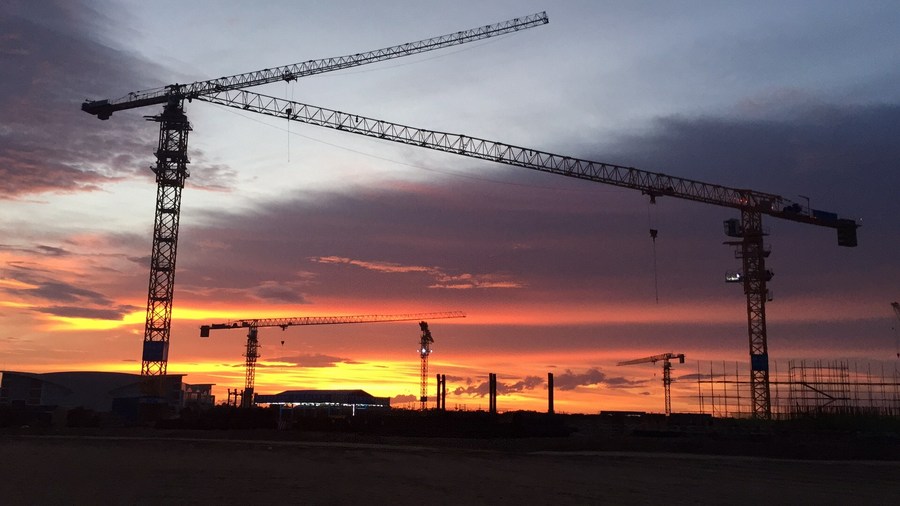







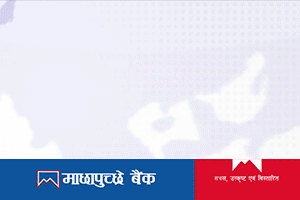

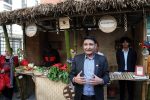
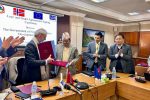

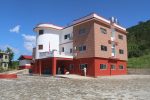
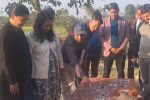
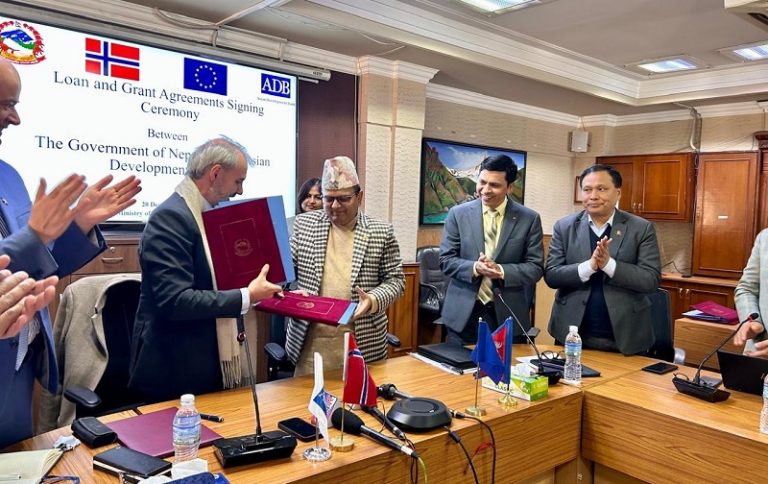
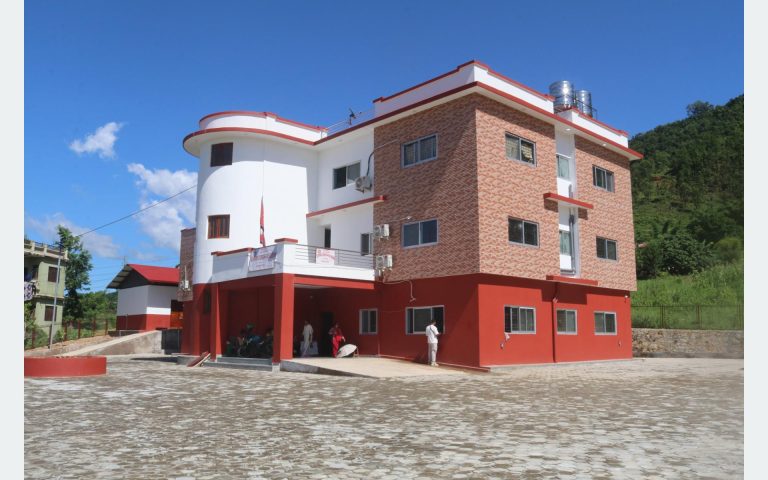
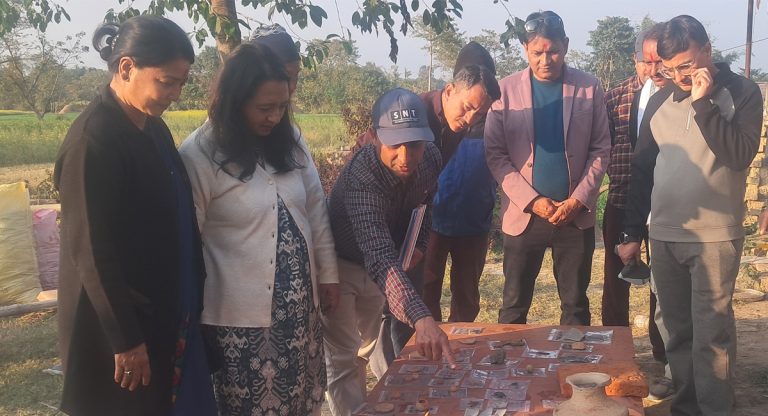
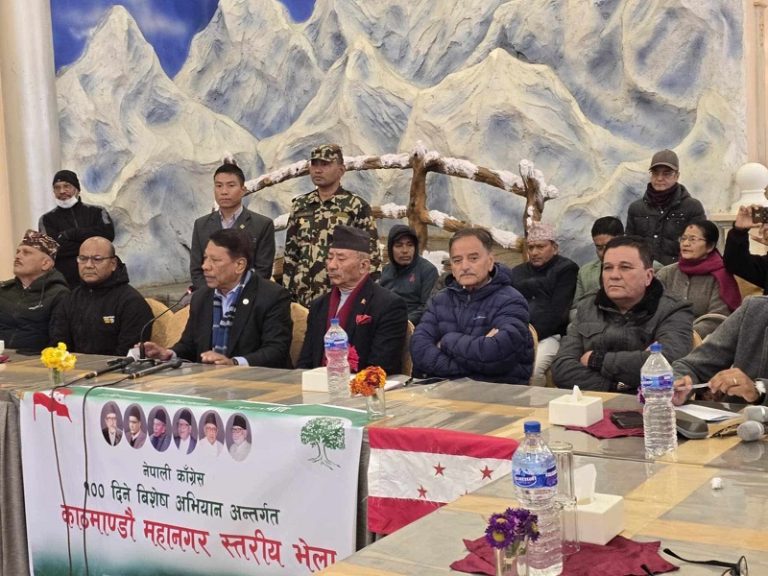
प्रतिक्रिया